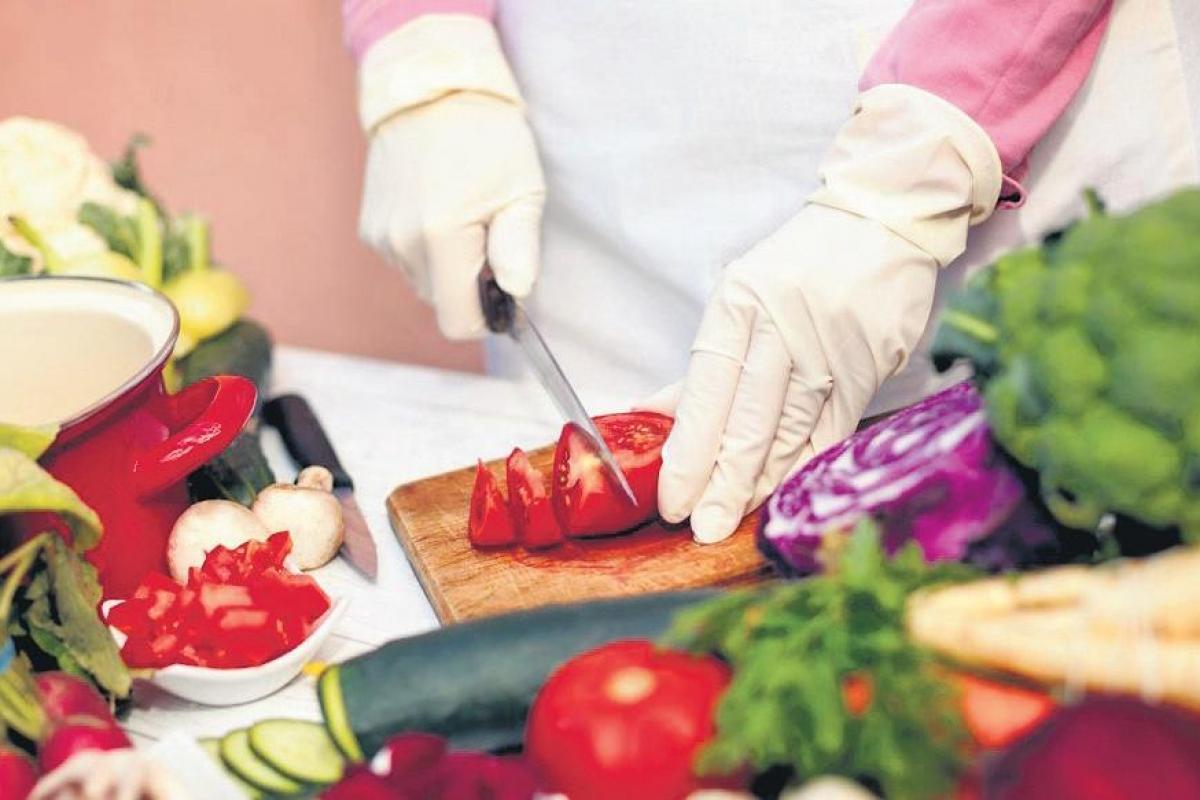One of the most desirable consequences of Covid-19 has been the increased all-round consciousness for hygiene. And among several types of hygiene such as personal hygiene, environmental hygiene etc which impact our day-to-day lives, food hygiene has naturally emerged as a major issue for regulators, consumers and above all, food manufacturers and companies. The constant need to be watchful of what is ingested or goes inside of our bodies can never be exaggerated enough. The recent pandemic has only further highlighted the need for making food hygiene a priority for all.
Read More: Bikano Diet Mixture: Becoming a New Normal
What makes for unhygienic food: Unpackaged food an invitation to disaster
There has been repeated reporting of how the open and unpackaged food sold in the streets fashionably called street food has in a way be responsible for unsafe and unhygienic food consumption in the country. Particularly in these times of Covid, if the food maker doesn’t maintain personal hygiene, wears masks and gloves and keeps sufficient physical distance from fellow workers, the food prepared is highly risky to consume. The unhygienic and unsafe food leads to a vicious cycle of disease and sickness particularly impacting the elderly, the sick and the children, adding to the already high burden of disease pervading in the country.
Food-borne diseases have an economic cost
Yet, the rise in the outbreak of foodborne diseases and safety cases has continued to be reported periodically from different parts of the country. In fact, unsafe food and water have been cited to be the biggest cause of preventable infection in India. Not pursuing basic food safety practices such as wearing an apron, accessing and using tap water, using soap for cleaning utensils, and storing food in proper refrigerated facilities is an invitation to food-borne diseases. This also has an economic cost. It has been estimated that food-borne diseases cost the country a whopping $15 billion.
The numbers are far too scary to ignore
In India, food-borne diseases (FBD) lead to 120,000 deaths each year imposing a burden of over 8 million Disability Adjusted Life Years (DALYs). In fact, little children under 5 years are at 40% more risk with around 30,000 deaths each year. These are frightening figures which are only expected to rise further in the coming years.
The Covid-driven exigency
These ongoing measures were given a new impetus when Covid-19 showed up resulting in a new set of guidelines. In addition to the existing food safety protocols, the food businesses were directed to ensure that food handlers and workers are made aware of the symptoms of the virus, the risks emanating from it as well as the good practices to circumvent those risks. Training programmes on risk factors, safe food handling, social distancing and other protective behaviours such as wearing of face mask, handwashing with soap or using alcohol-based sanitisers were made mandatory. Also, food premises including areas of food establishment such as preparation, storage and packing areas, equipment and containers beside toilets and washrooms were to be periodically sanitized without fail. There should be limited food workers/handlers in a kitchen or areas of food preparation, packaging etc with each worker strictly maintaining personal/social distancing. Further, the personnel involved in delivery, transport and distribution mechanisms must also rigorously observe Covid-related social distancing and personal hygiene norms and practices.
Read More: Stratbeans Introduces AI-Based Advanced Digital Solution
Therefore, for food to be finally consumed safely and hygienically, it must become a high priority for the entire ecosystem of food manufacturing, distribution and consumption. From hospitality and restaurants to food manufacturers and food vendors to food handlers and finally the food-consuming individual, everyone needs to be aware of and engage in hygienic food practices. “A man is what he eats,” a German philosopher had once said. Good food hygiene practices not only reduce morbidity and mortality but also relieve pressure on the already overburdened health infrastructure and services in the country. And even more importantly, by keeping more people healthy and thereby raising the quality of human capital, the much-touted demographic dividend in the country can truly be tapped.





